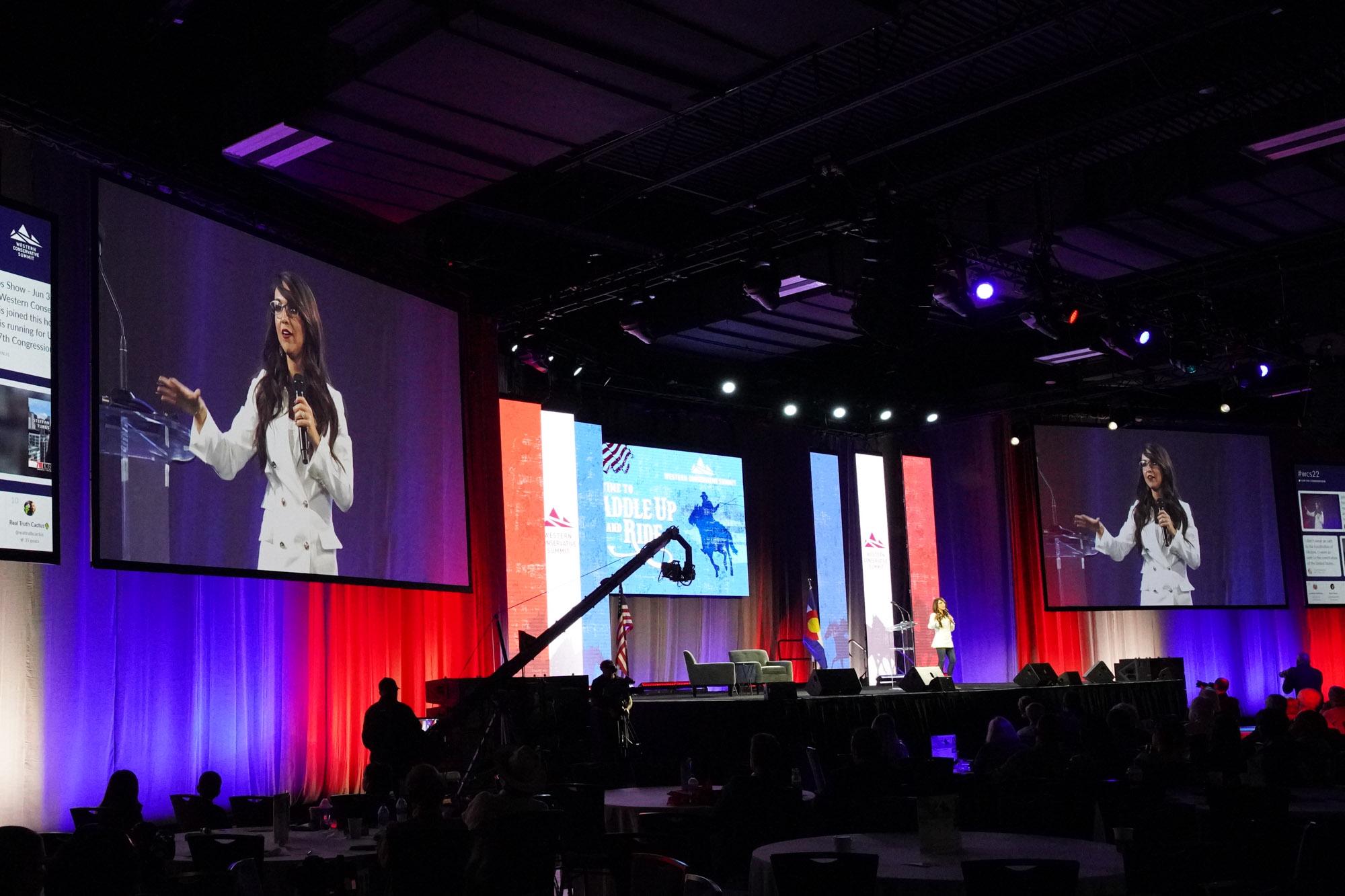
At least one Colorado Republican is changing her tune when it comes to seeking community project funding, otherwise known as earmarks, as the budget process begins in Washington, D.C.
GOP Rep. Lauren Boebert shunned the process in the previous two budget cycles, but said this time around, she will collect submissions for earmark requests.
Republican Rep. Ken Buck remains opposed to the use of earmarks, according to his office. GOP Rep. Doug Lamborn also said he will not submit community project funding requests.
Previously, all three Colorado Republicans eschewed the use of earmarks, even as the majority of their GOP colleagues used the process.
A big change for Boebert, even if it comes with a caveat
In a notice Boebert’s office sent out, the invitation came with a caveat.
While she is accepting submissions for projects constituents would like to see funded, “she is not committed to submitting any requests. Any requests submitted by the Congresswoman will be a targeted select few that have a substantial impact on Colorado’s Third Congressional District with a federal nexus.” They would likely be for projects such as infrastructure.
Still, opening the door to earmarks is a change for Boebert who, in 2021 and 2022, wrote op-eds calling earmarks “wasteful” and “corrupt, self-serving legislating.” However, after Boebert barely won reelection last year, the message from some voters in her district was clear: they wanted a representative less vocal in political fights and more focused on delivering for the district.
One other change from the past two years: the budget process in the House is now controlled by Boebert’s own party, instead of Democrats.
All of Colorado’s Democrats have directed money to the state through community project funding since the ban was lifted back in 2021. And the newest Democratic members, Reps. Yadira Caraveo and Brittany Pettersen, also plan to submit requests this year, according to their offices.
How the earmarks process works
Like the previous round, each congressional office will be able to submit no more than 15 requests. (When earmarks were first brought back, House member requests were capped at 10.)
The requests must be made in writing and there remains a ban on requests for for-profit recipients. Projects have to show community support, and congress members have to publicly certify that they and their immediate family members have no financial interests in the project.
This time around, the Republican-controlled House capped the total amount set aside for community project funding at 0.5 percent of discretionary spending, down from last year’s 1 percent.
It also added a federal nexus requirement, which means members will have to show in writing how a project is tied to a federal authorization law. And memorials, museums and commemoratives will not be eligible for the funding this time around.
Additionally, unlike last year, there will be no earmark request expected for the Defense appropriations bill or the Labor and Health and Human Services appropriations bill.
Colorado had several requests approved in the LHHS budget last go around, including millions in funding for a number of hospitals around the state, as well as rural health and nursing programs.
Groups seeking funding will have to submit requests to participating congressional officers by later this month, with offices putting forward their final recommendations in April.
Editor's Note: This story has been updated with a response from Republican Congressman Doug Lamborn.









